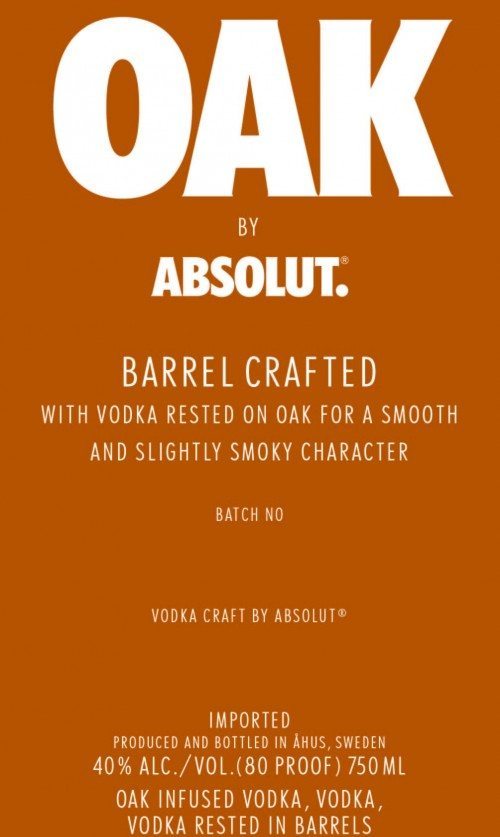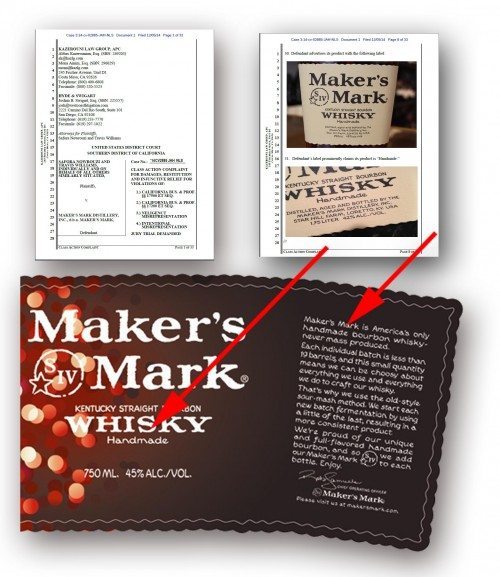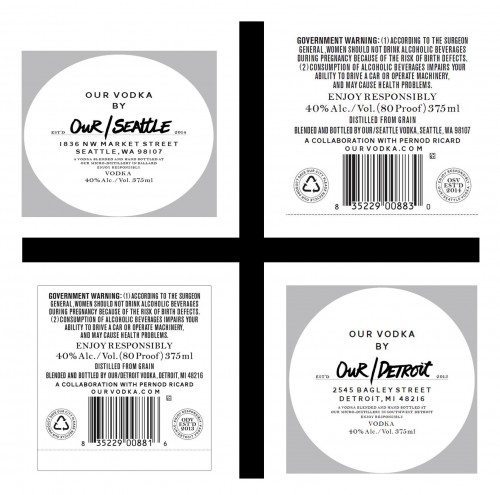What was the best beer ad, or ad of any type, in yesterday’s Super Bowl broadcast? Hint, it was a Bud ad, but not the one with the dogs, horses, and wolf. Instead, it was the one above. The one in which Bud took on its main competition, directly and powerfully, roughly like those on the field. It’s the first time in many years that Bud did not seem to be on the defensive. It seems clear that Bud’s plan is to defend Bud the brand such as above, and defend Bud the company by buying a bunch of esteemed craft brewers. Maybe they can have their cake and eat it too. Before I scope out anyone else’s views, here are mine:
- The 60 second ad opens with a view of an old brewery with a big Budweiser sign and a small American flag atop it; the building is bathing in the sun and surrounded by trees and evokes old-time Americana within a couple seconds.
- Within five seconds, it says BUDWEISER, PROUDLY A MACRO BEER and shows lots of real and good looking ingredients, to go along with the pretty buildings way back at seconds 1 and 2.
- The ad takes dead aim at and skewers various hipsters such as the ones above. Hipster number 1...






